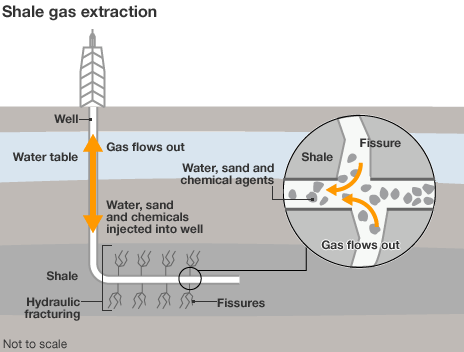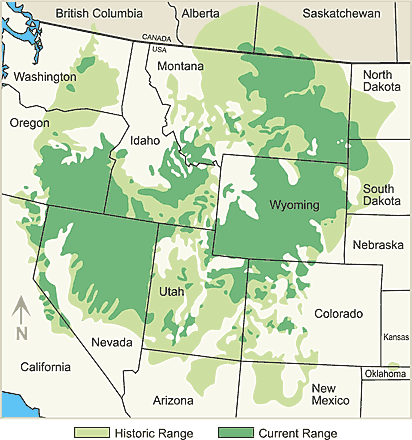
In an acquisition and merger deal that may have gone relatively unnoticed by most of the world, Whiting Petroleum Corporation has acquired control over Kodiak Oil & Gas Corp in a deal worth a cool US$3.8 billion. Due to the increased financial clout that Whiting brings to the deal, there will now be accelerated exploitation of hydrocarbon leases owned by Kodiak and, therefore, a faster return on investment – something that is very important to the largest single investor in both companies, Paulson and Co Hedge Fund.
The news may cause a flurry of nervous warbling from the sage grouse territory, but John Paulson seems less perturbed; in a recent communication he said, “This is an exciting transaction, it creates the top producer in the fastest growing oil-producing Bakken region in North Dakota.”
The deal looks like a sweetheart arrangement for Whiting, which has taken control of a company that managed to double its production last year whilst its own growth slowed, as the cost of bringing more wells online surged. The acquisition will increase Whiting’s production by more than 50% next year, a move that should catapult it to number one producer, ahead of Oklahoma’s Continental Resources Inc.
So, here is the bad news for the sage grouse, which has much of its natural range underlain by either tar sands or oil shale. The competition for these resources in the North Dakota’s Bakken assets is fierce because the geological formation is the best producing region on a barrels per well basis. On average, a Bakken shale well will produce more than 510 barrels a day, compared to 470 from the Eagle Ford shale in Texas and about 150 from the Permian basin in West Texas and New Mexico.
This relatively high yield means that recouping of costs is much faster than usual and has made the region a hotbed for exploration. As a result, most of the drilling rights have been snapped up already, leaving expansion through mergers and acquisitions as the only alternative. This acquisition will give the relatively unknown Whiting drilling access to 855,000 acres, surpassing the somewhat more renowned Exxon Mobil as the largest leaseholder in the region.
Production from the richest part of the formation that underlies North Dakota exceeded one million barrels in April for the first time ever. This makes the state of North Dakota a bigger oil producer than Ecuador or Qatar, both OPEC members, and second only to Texas in the USA. Environmentalists claim that much of this growth, though, has been done at the expense of the environment and, of course, the sage grouse, as advancements in fracking has enabled the exploitation of oil from hitherto impenetrable geological formations.
Fracking technology for oil has been with us for more than half a century. It is the process of mechanically fracturing rocks with hydraulic pressure to allow for the efficient flow of hydrocarbons from the rocks; wherever it goes these days it is followed by controversy. Invariably, the flow is ‘stimulated’ by the use of steam and solvents and it is this process which gets conservationists all hot and flustered. Despite oil companies claiming that the solvents they use are biodegradable and harmless to the environment, most do not agree. One result of the intense drilling that needs to be undertaken is the destruction to natural habitats by the building of roads and drill sites. This is there for all to see and, of course, the sage grouse will probably not appreciate the industrialisation of its previously pristine wilderness.

In case you are unfamiliar with the North American states’ boundaries and sage grouse range, the following is a map of the two. The all-important Bakken shale formation underlies much of the American states of North Dakota, Montana and Canada’s Saskatchawen Province. Let us hope we can still find some space for the sage grouse regardless of our thirst for hydrocarbons.

images: summitcountyvoice.com, frackfreewales.org, nrca.usda.gov


